
The Legacy of Al-Khwarizmi
By Khadija Diané

10 Mar, 2024
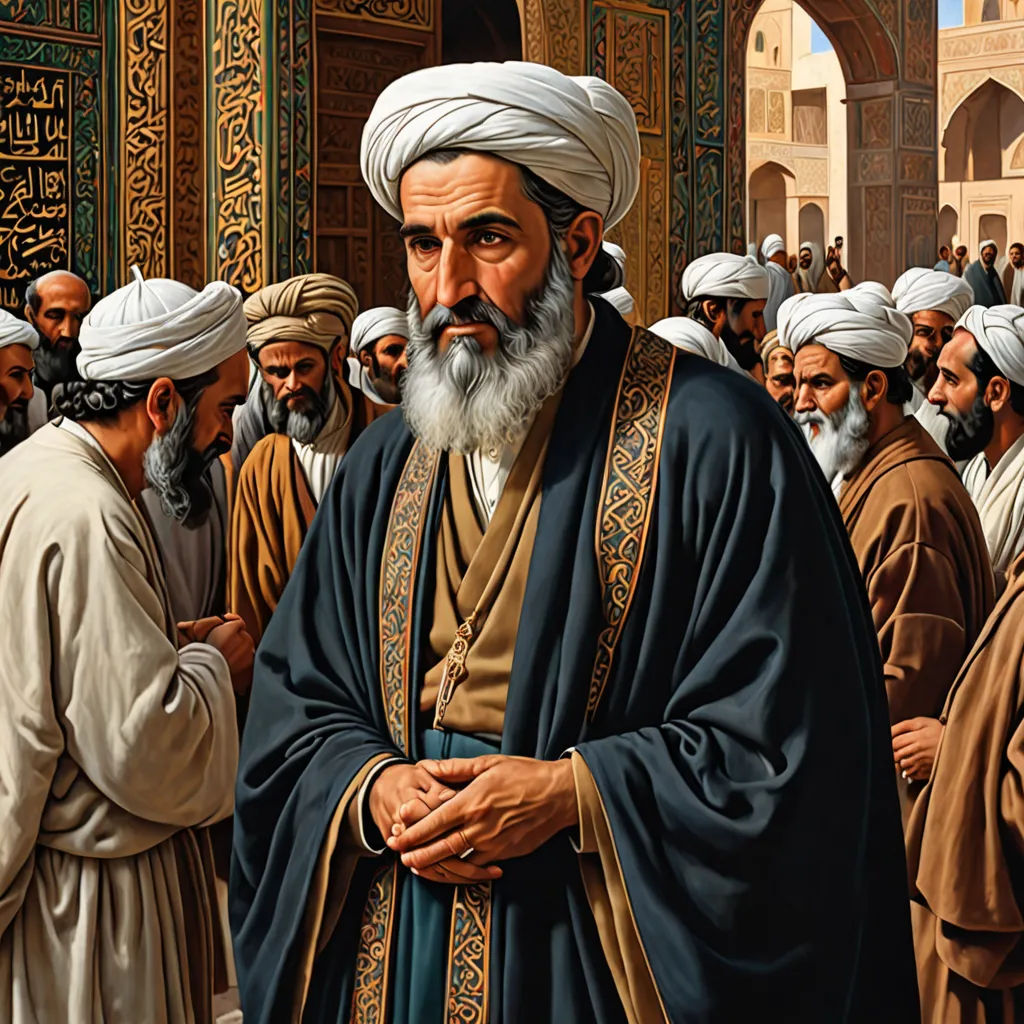
Al-Khwarizmi was a renowned Persian mathematician living during the Islamic Golden Age. He was known for his profound wisdom and passion for numbers.

In the heart of Persia, Al-Khwarizmi was engaged in his most ambitious project yet. He was writing a book that would become a cornerstone of algebra.
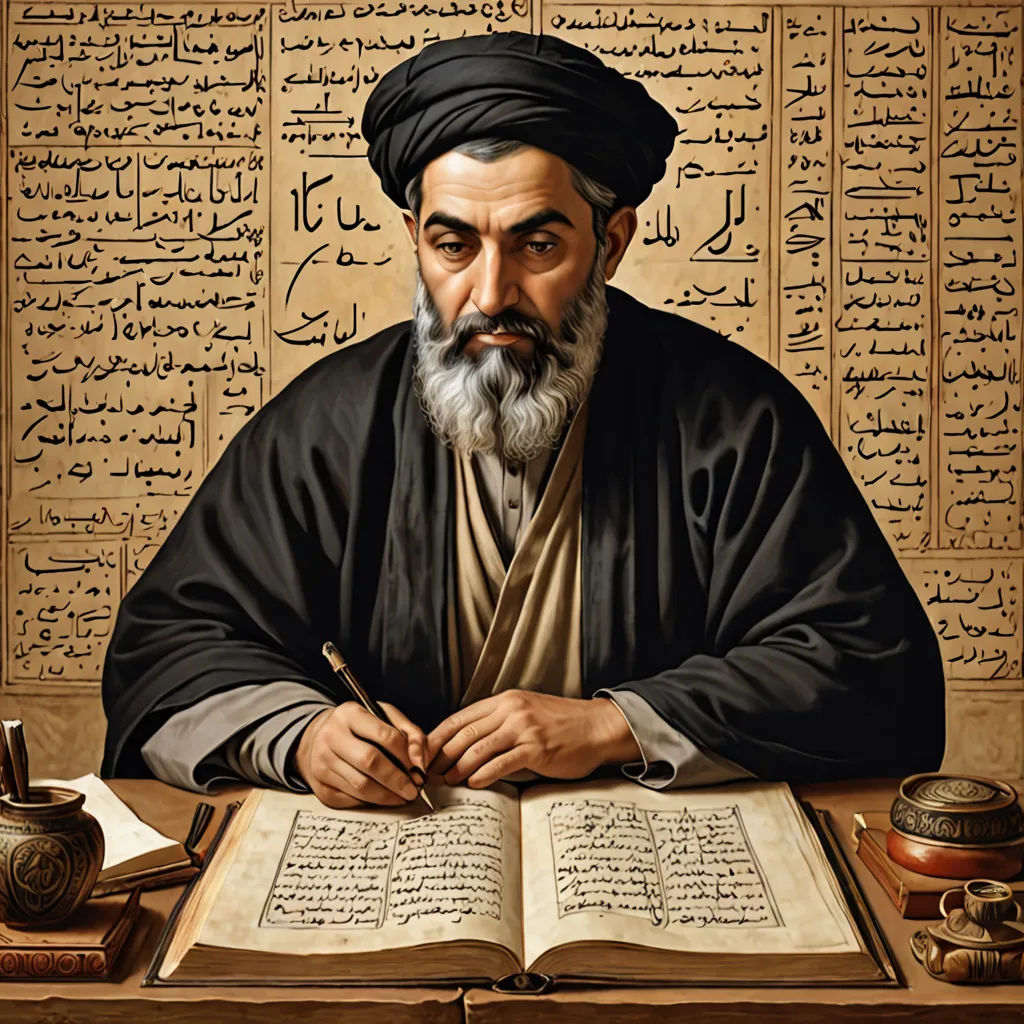
As he wrote, Al-Khwarizmi carefully explained the principles of algebra, introducing new concepts that would shape the discipline's future.
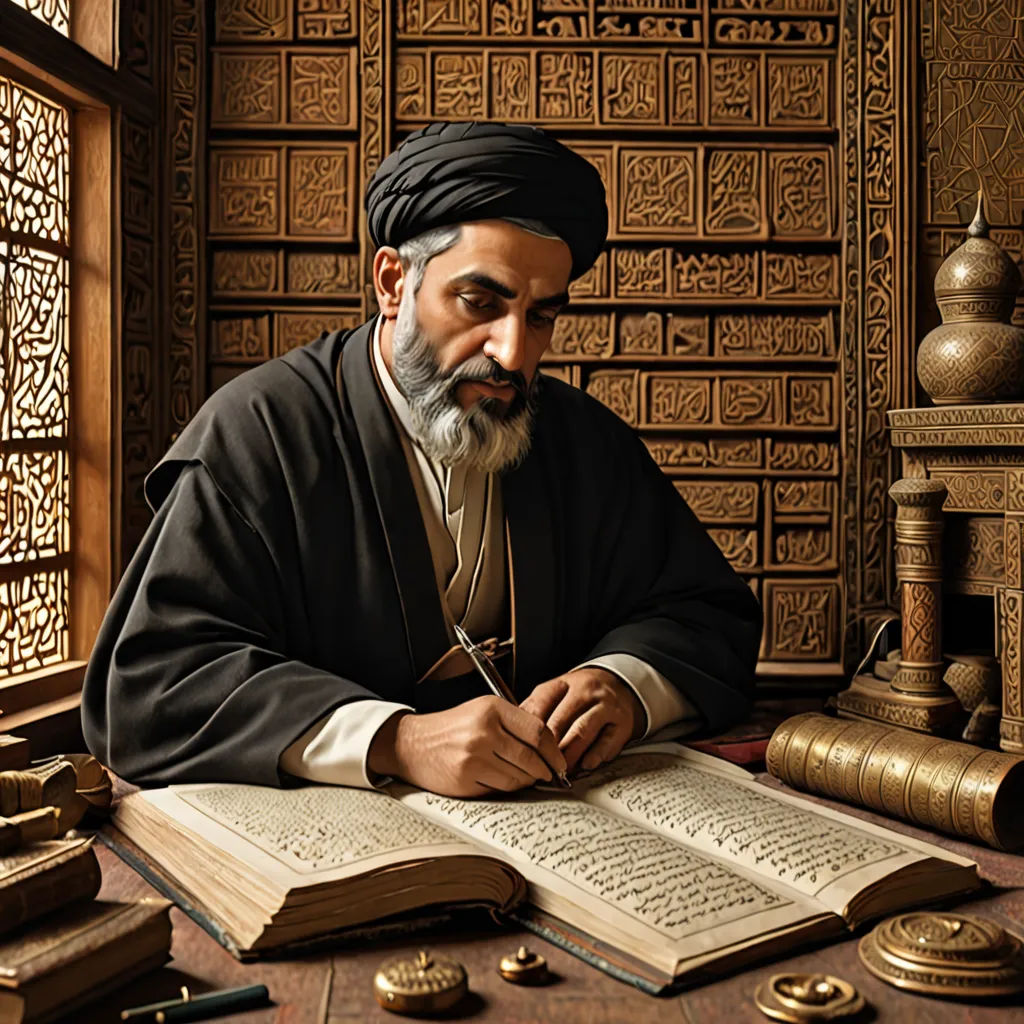
His work, 'Kitab al-Mukhtasar fi Hisab al-Jabr wal-Muqabala', was intricate and ground-breaking, reflecting the genius of its author.

Upon completing his work, Al-Khwarizmi travelled to Baghdad, the intellectual hub of the Islamic world, to share his findings.
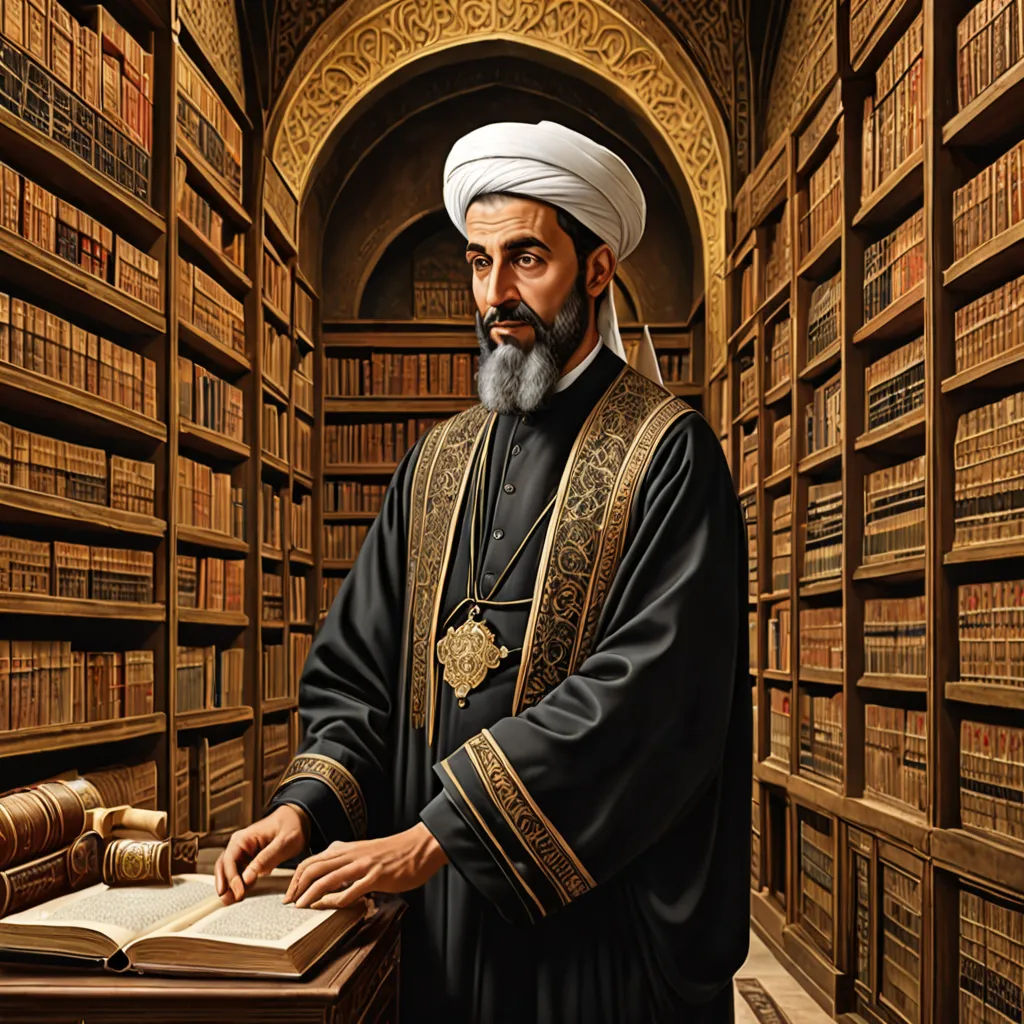
His work was lauded by scholars throughout the Islamic world, establishing him as one of the era's leading mathematicians.
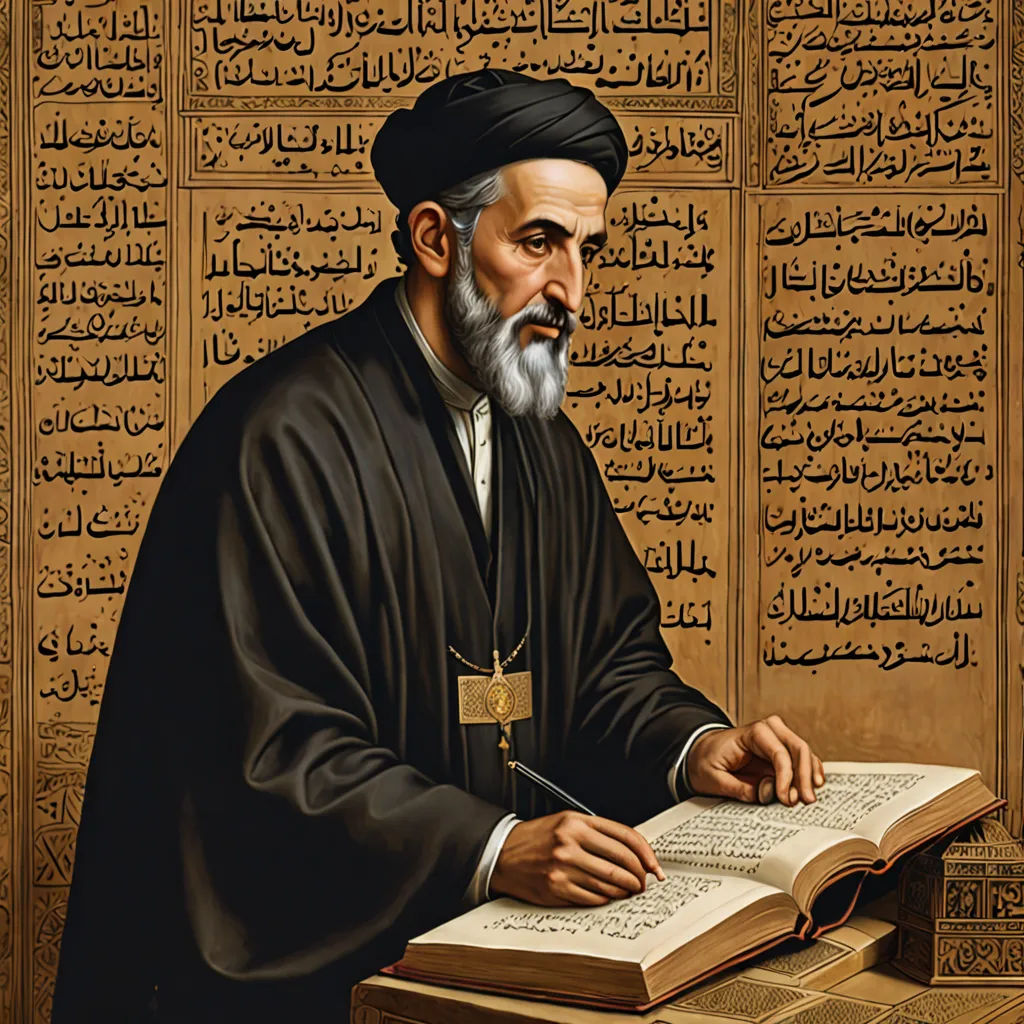
His work was translated into Latin and Greek, extending its reach beyond the Islamic world and influencing European mathematicians.
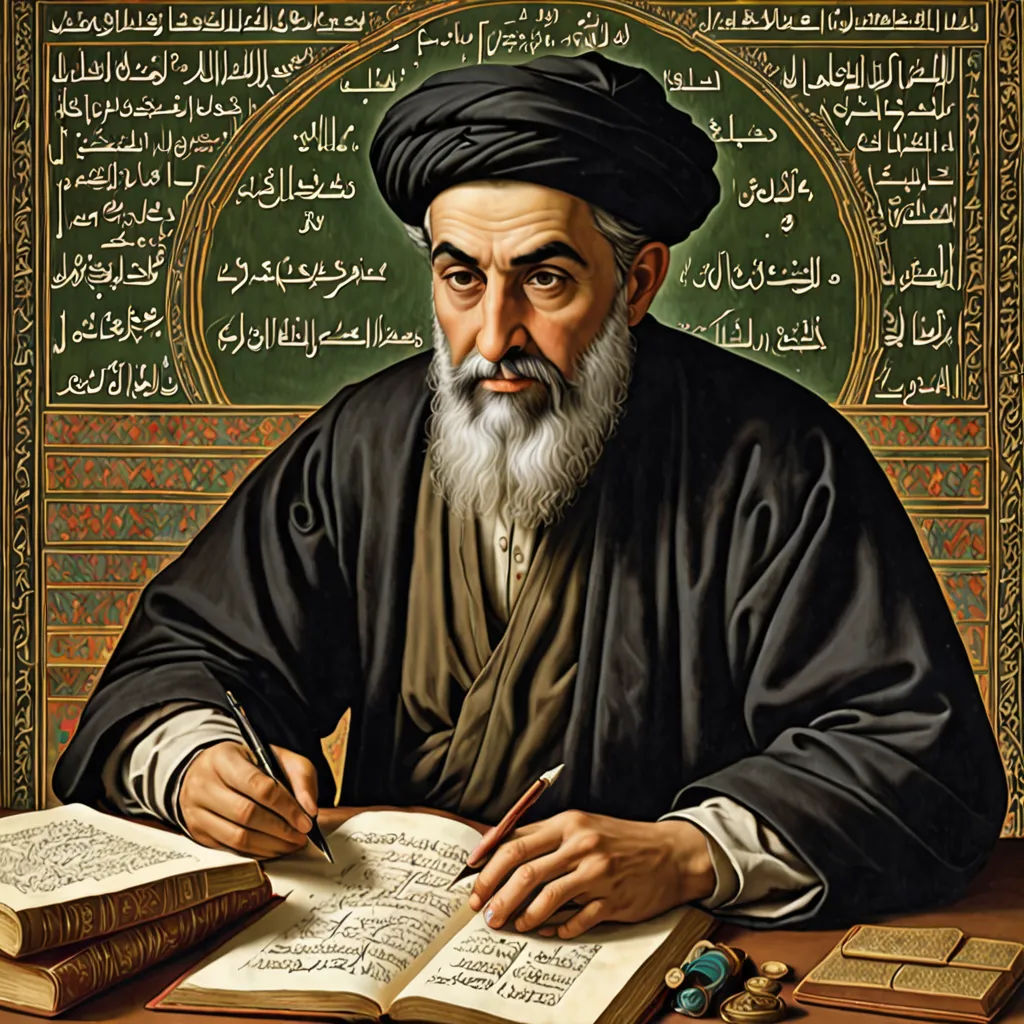
Al-Khwarizmi's systematic methods for solving equations became a crucial part of the mathematical curriculum in Europe.
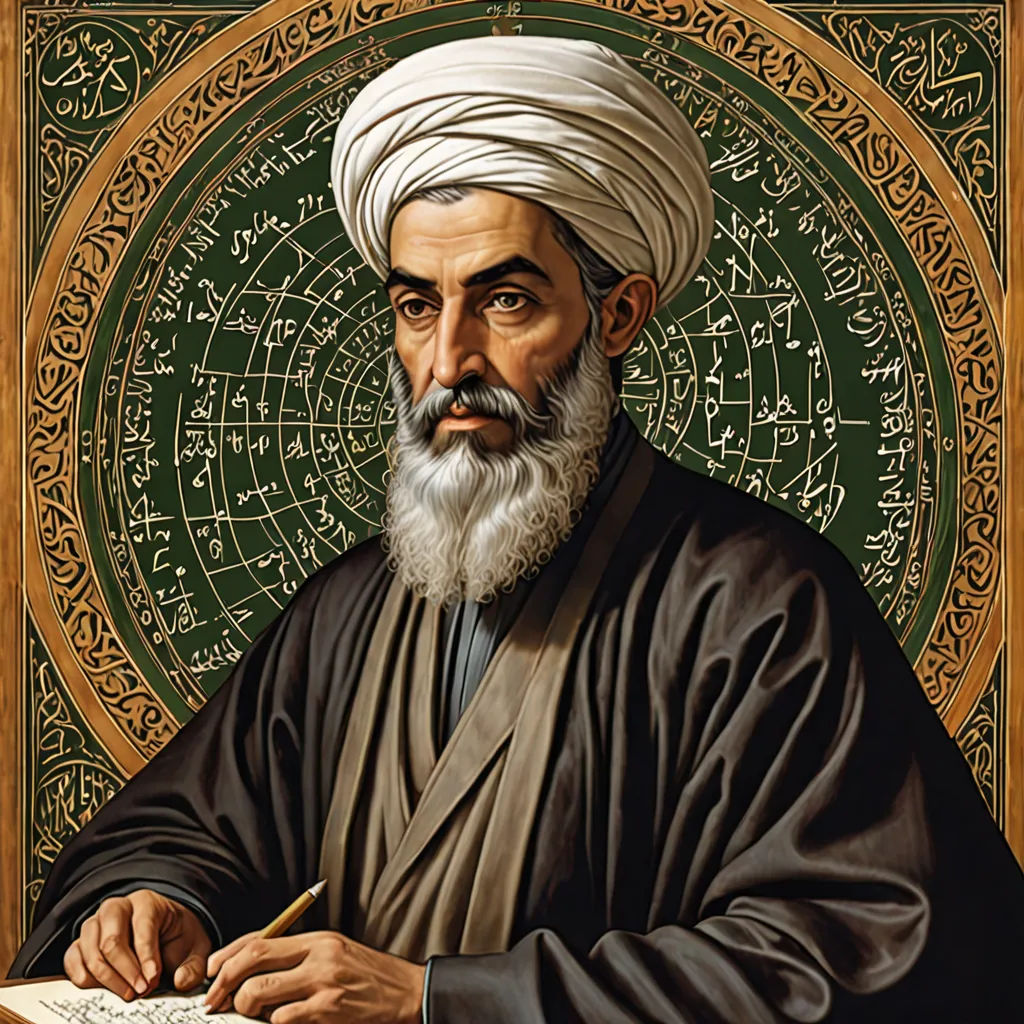
Today, Al-Khwarizmi's contributions to algebra are still recognized worldwide. His name is synonymous with the discipline he helped establish.
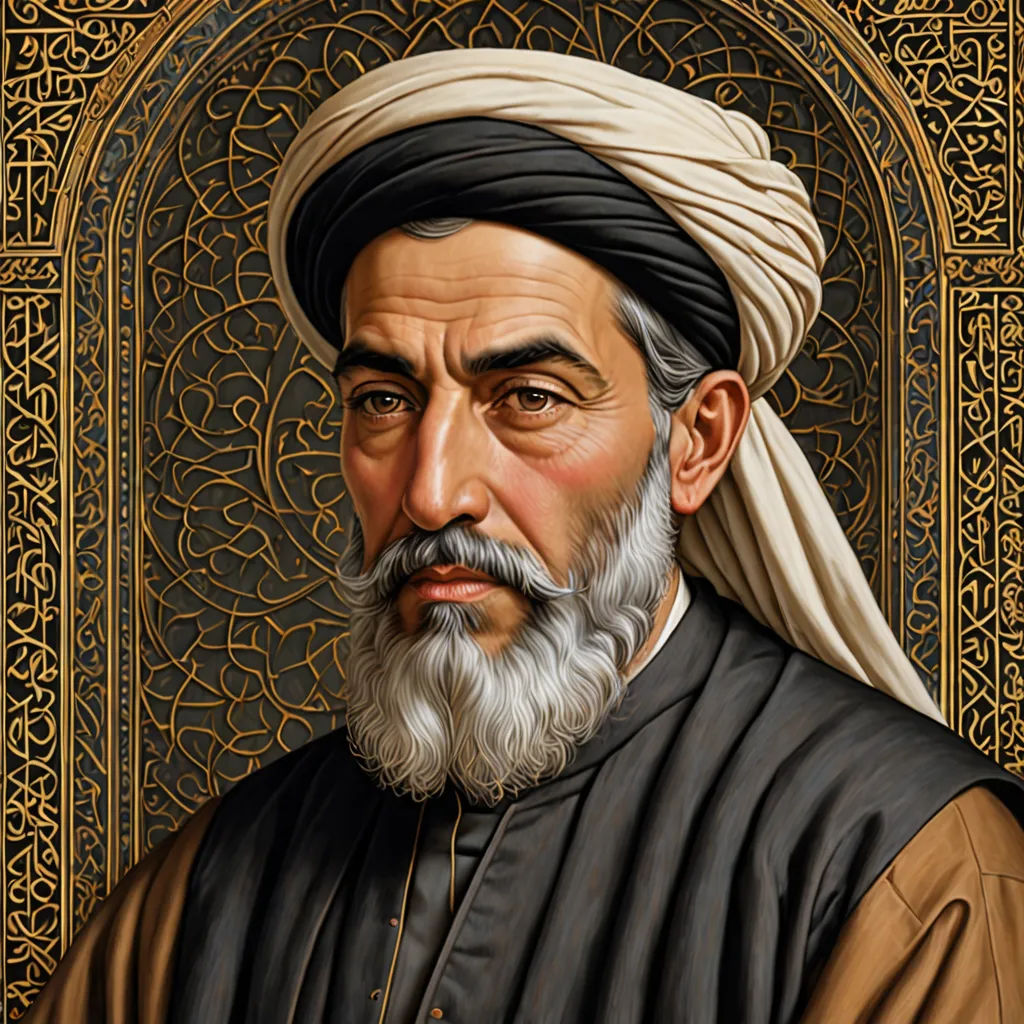
His work remains a testament to the intellectual flourishing of the Islamic Golden Age, a period marked by great strides in knowledge and discovery.
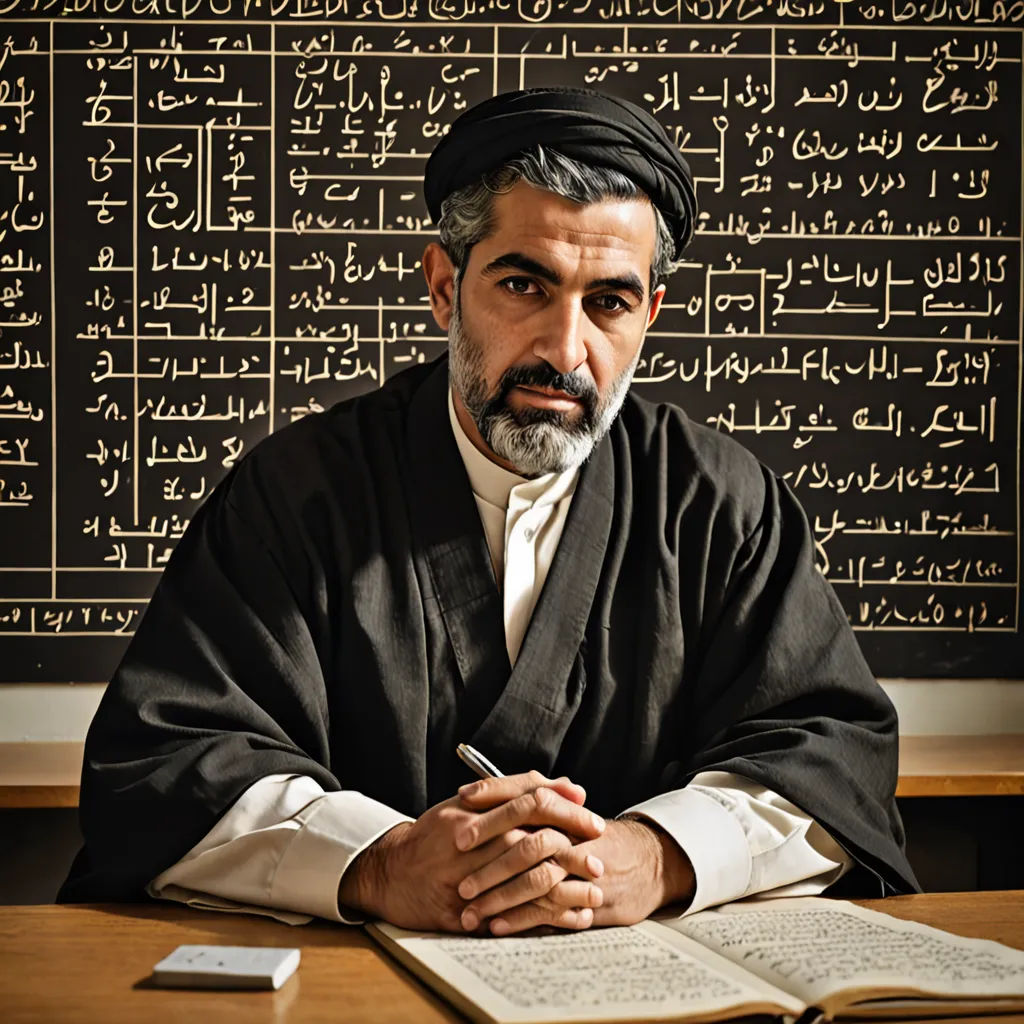
Algebra, the mathematical discipline he shaped, continues to be a fundamental part of education around the world.
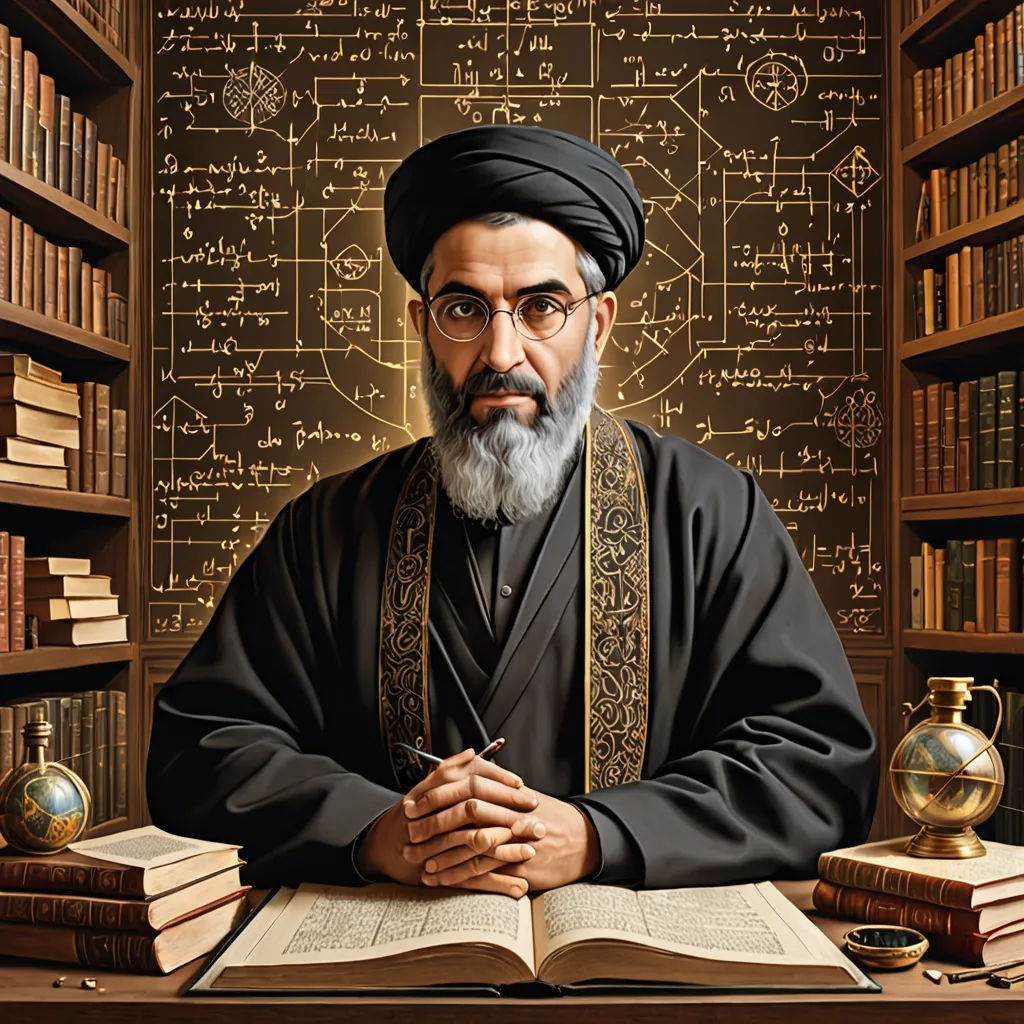
Al-Khwarizmi's legacy is a testament to the power of intellectual curiosity and the enduring value of knowledge. His story is a reminder that our understanding of the world is built on the shoulders of those who came before us.